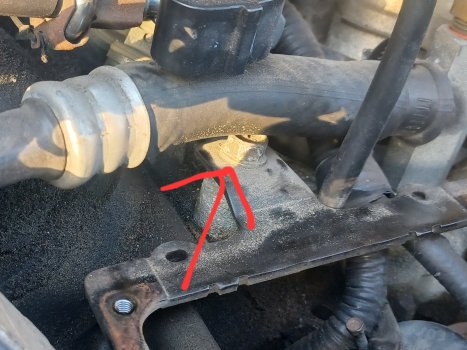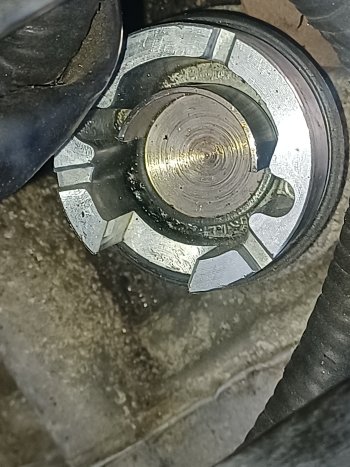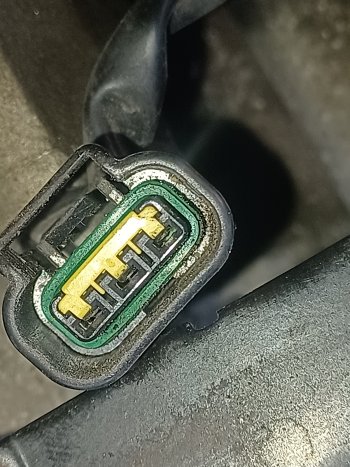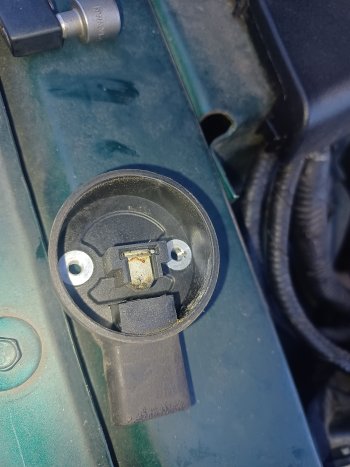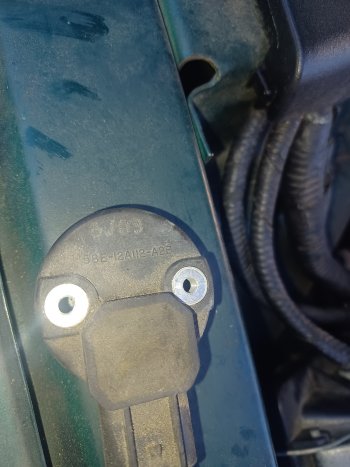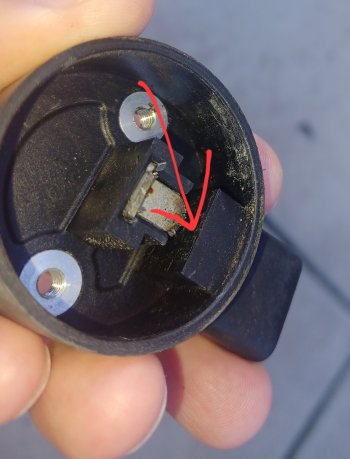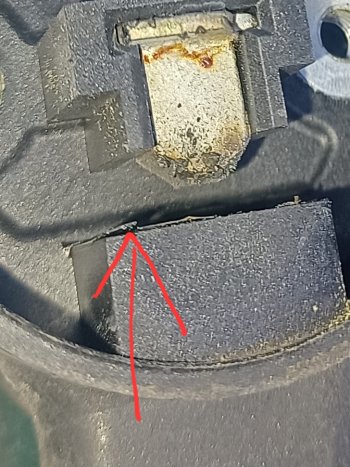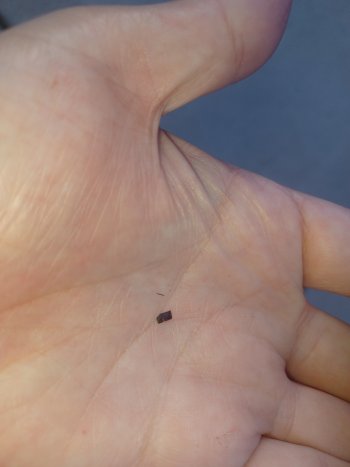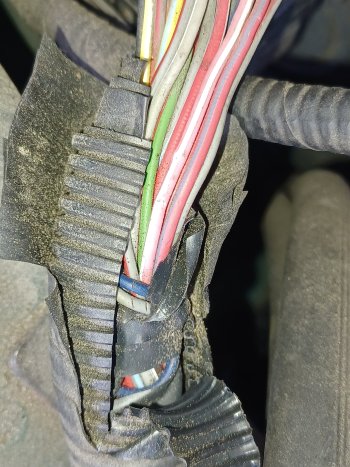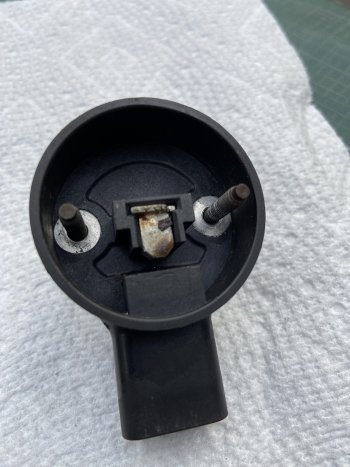Basically injector timing and to a lesser extent crank sensor redundancy. With only the crank sensor, the ECM can’t distinguish TDC compression from TDC exhaust. With waste spark, that doesn’t really matter for ignition since it fires on both cylinders at the same time, but it is important for fuel. Without a cam sensor signal, the ECM won’t know when to fire injectors, and may have to crank it a few times while it is looking for the signal. Once the computer confirms no signal, it will revert to batch fire for the injectors, which is not as smooth or efficient, but will run down the road just fine to get you home. Once the car is running, the ECM also uses the cam sensor to check against the crank sensor to get the most up to date information on engine position and speed. Crank sensor will get you close enough to run, but with both of them it is more accurate.

